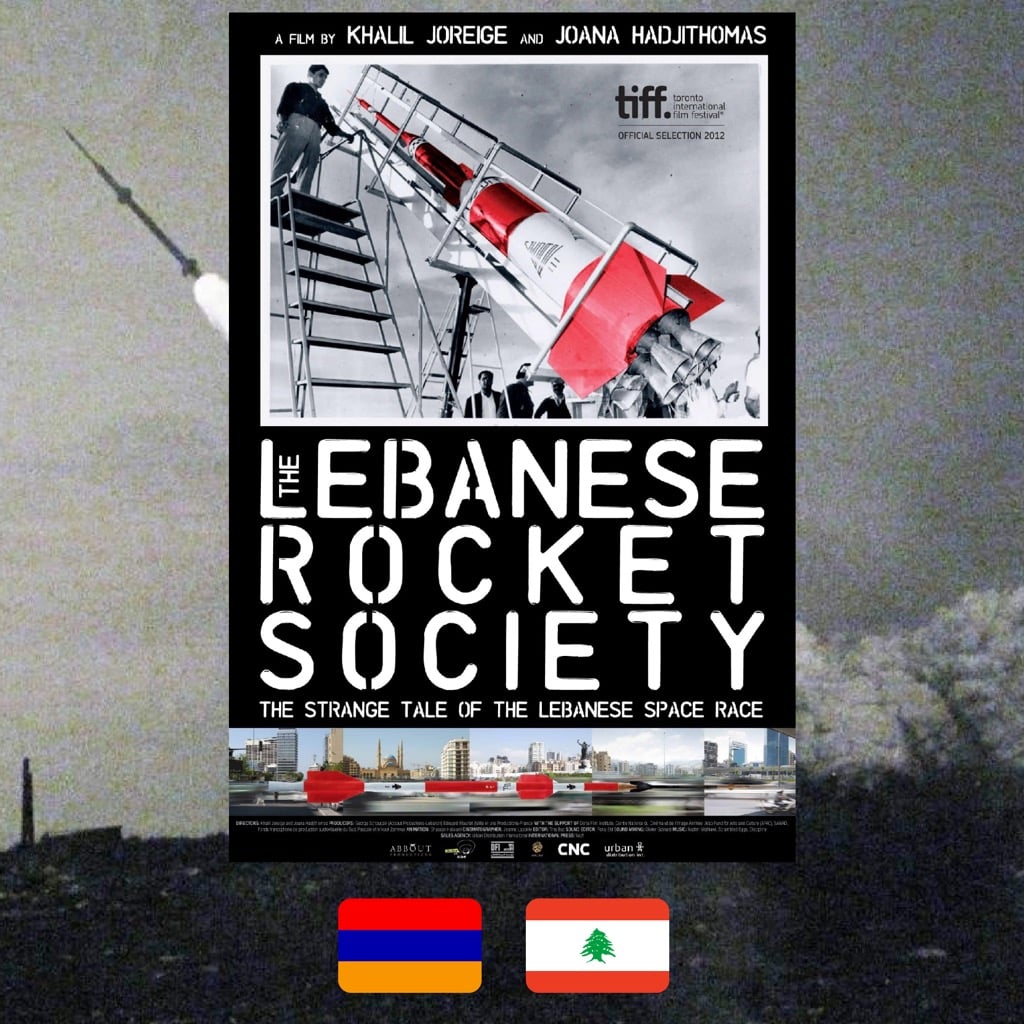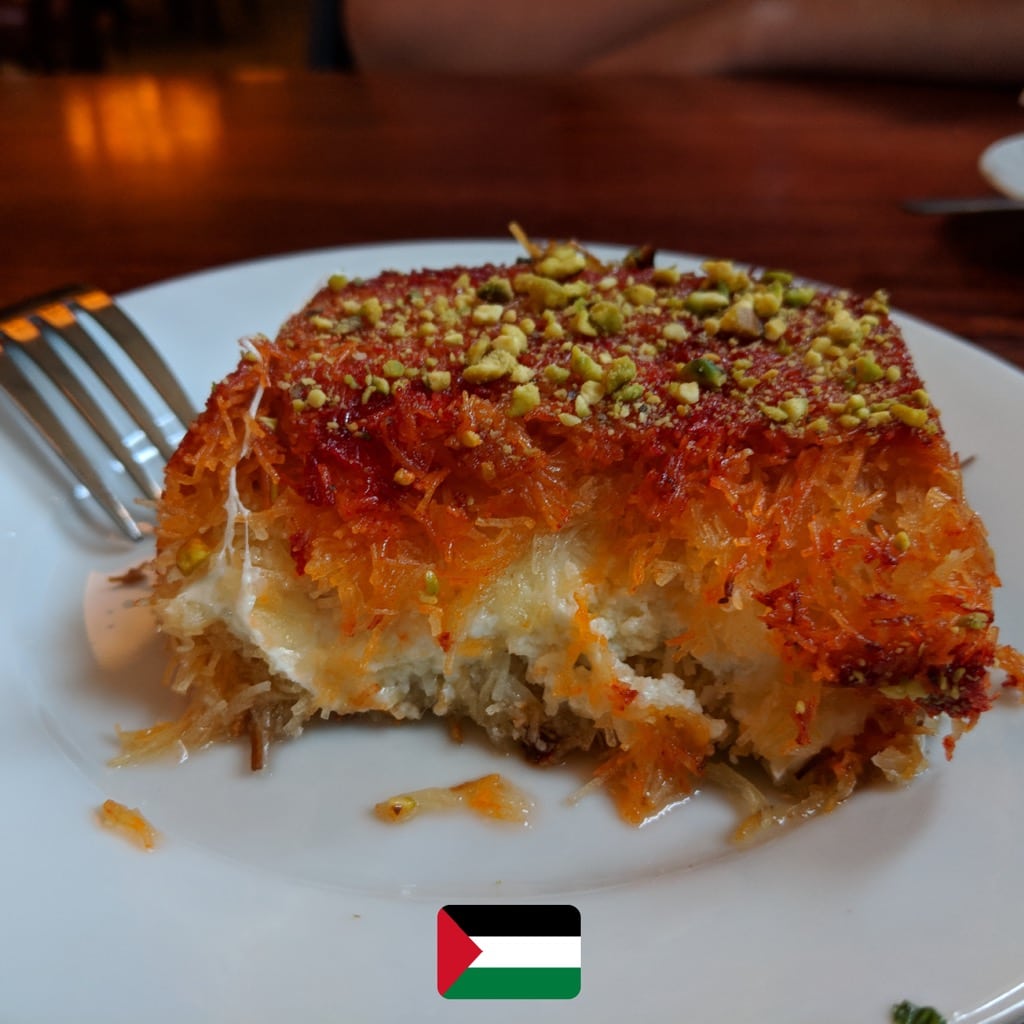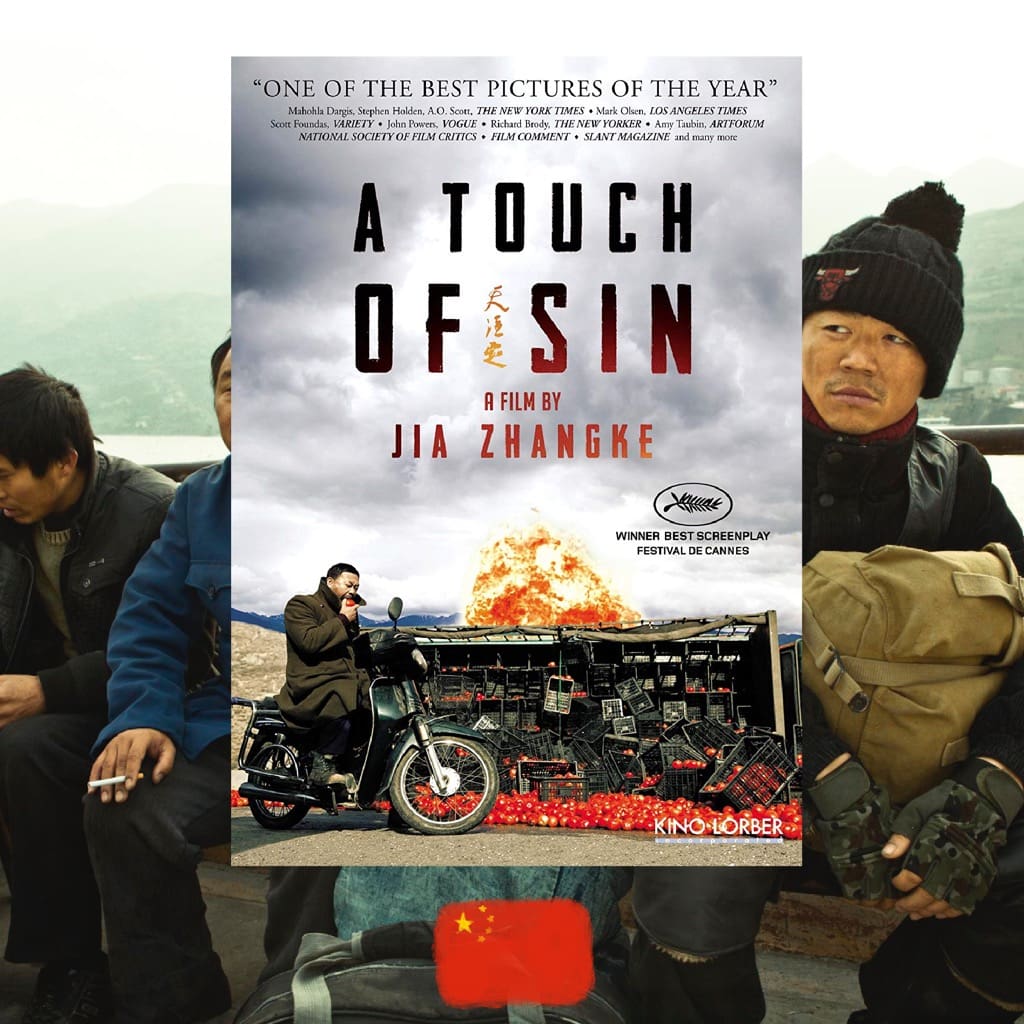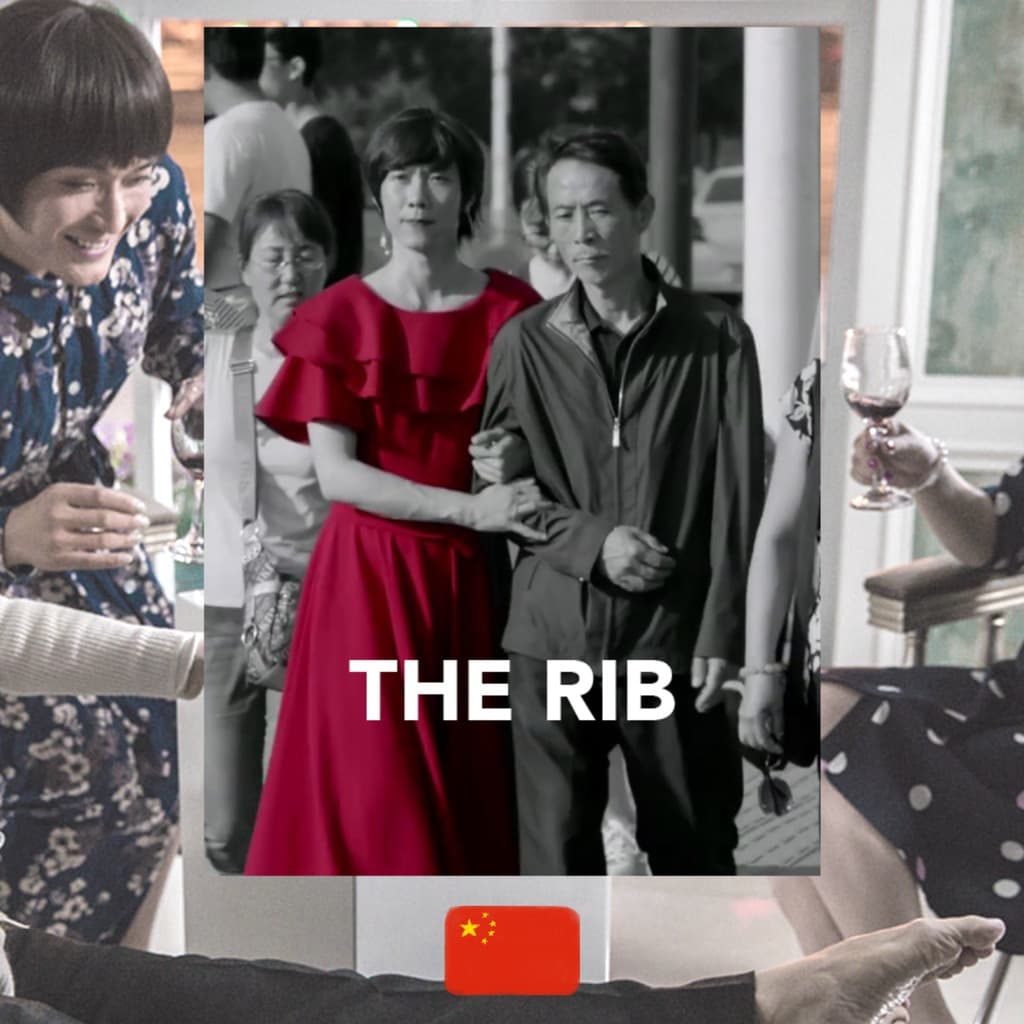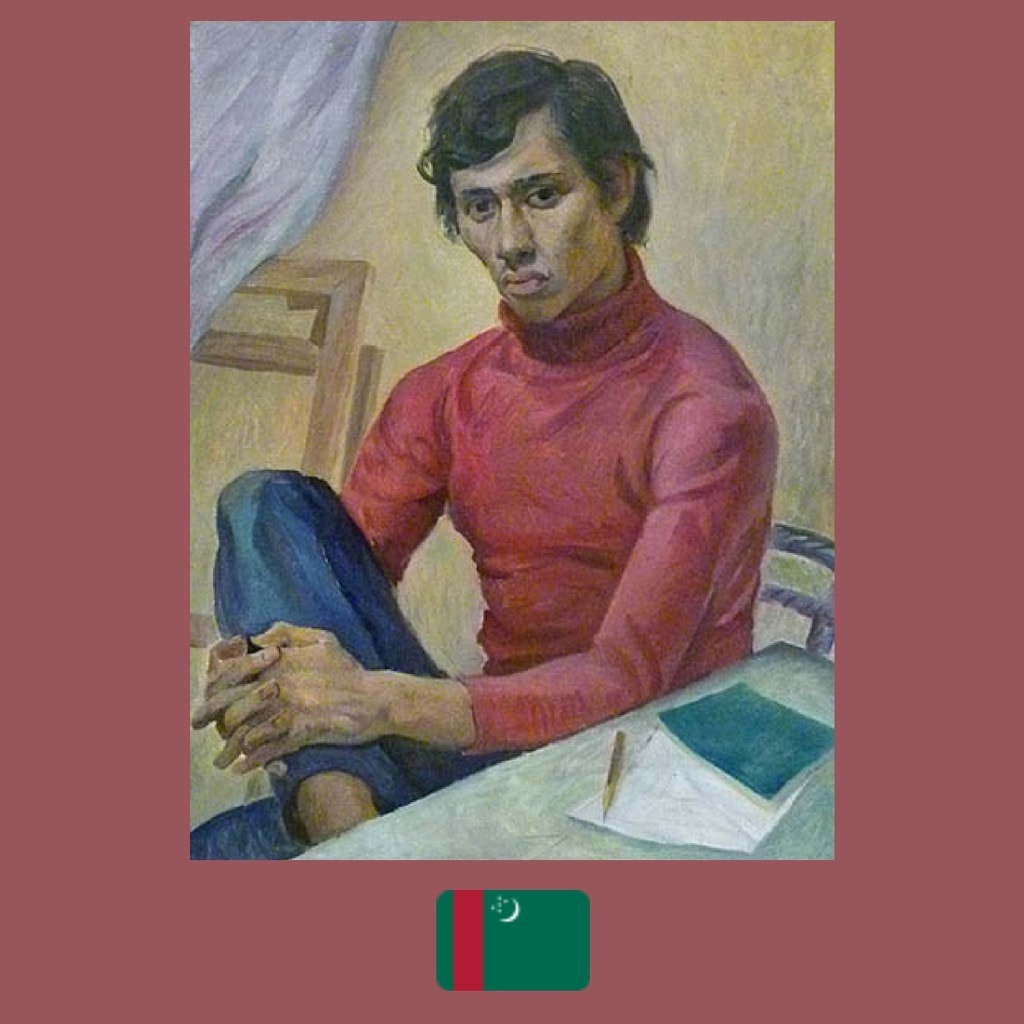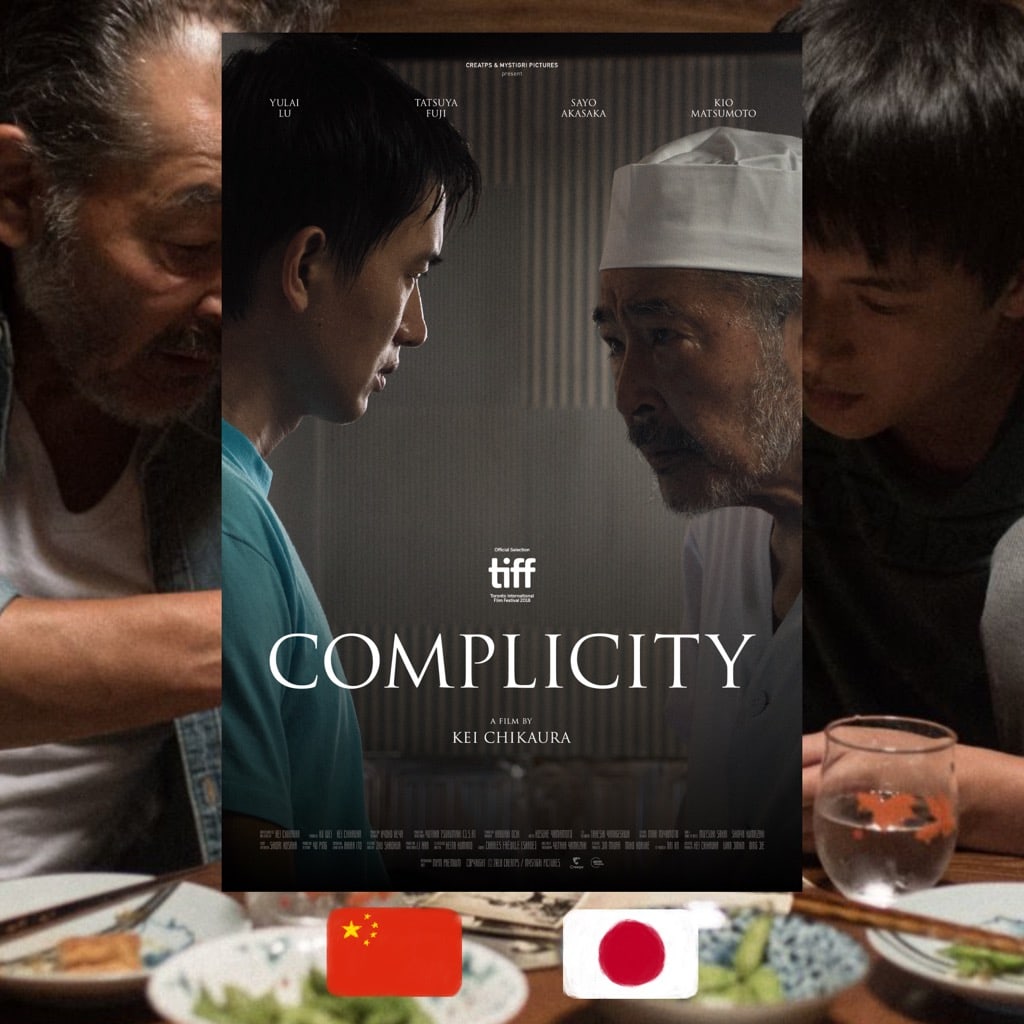A relentless study of PTSD through the eyes of a man who returns to Ramallah after 15 years in Israeli prison, which ultimately becomes a metaphor for Palestine’s postcolonial future
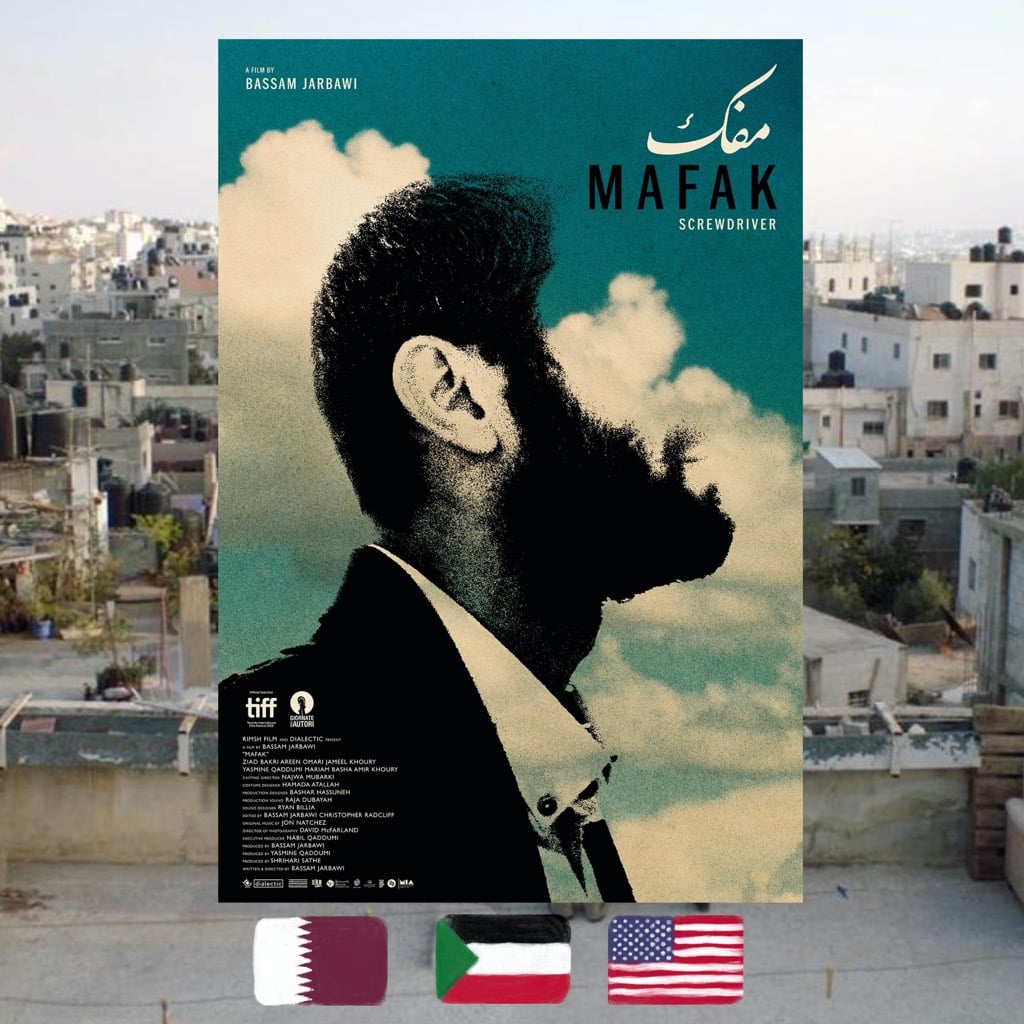

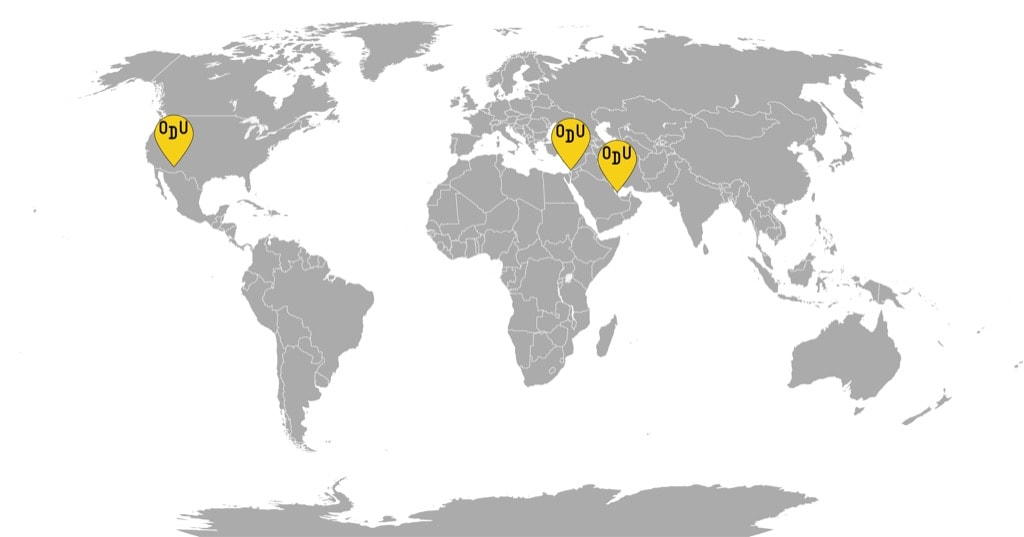
P IS FOR PALESTINE, Q IS FOR QATAR and U IS FOR UNITED STATES
A Palestinian young man Ziad is imprisoned for shooting an Israeli citizen to death. The man in question was an Arab, he survived, and Ziad wasn’t even the one with a weapon. But because he refused to name the real perpetrator, Ziad becomes a hostage of the Israeli regime. After 15 years of incarceration, he is released and returns home. But being free after almost complete isolation turns out to be a bigger challenge than the incarceration itself.
A debut feature from Jarbawi, a US-educated Palestinian filmmaker, “Mafak” is a complex, multi-layered film that skillfully merges the microcosm of Ziad’s experiences with an exploration of purpose of life in the occupied territories. The film is set in the Al-Amari refugee camp in Ramallah, which was supposed to be temporary, but still stands today. And this temporal aberration is a perfect metaphor for Ziad’s experiences: just like the decrepit ghetto in the center of a metropolitan center, he is completely out of tune with the Palestinians around him, with their smartphones, psychoanalysis and work ethics.
Ziad’s experience is made even more claustrophobic by the fact that he didn’t have much life before his arrest, either. In a lesser film, there would be an abundance of over-romanticized flashbacks of what Ziad’s life was like before the incarceration to show us the stakes of what he had lost. But that’s exactly the point: he didn’t get to have a life because he was incarcerated at a young age, and all the memories that he has inevitably lead to the arrest. This absence of anything to return to remains at the painful core of Ziad’s PTSD and renders useless all the attempts of laypeople and professionals trying to help him.
And this, in turn, becomes a very clever reflection on the condition of Palestine itself. Two state solution or not, enough time has passed since the beginning to render the changes irreversible and the remembrance of things past a functional nostalgia. We’ve seen it elsewhere in the post-colonial world, and will see it again. Even the advent of much-needed resolution for Palestine will not only bring independence, but also crippling PTSD.
Screwdriver (Mafak), 2018
Director: Bassam Jarbawi
For more content like this sign up for our weekly newsletter


